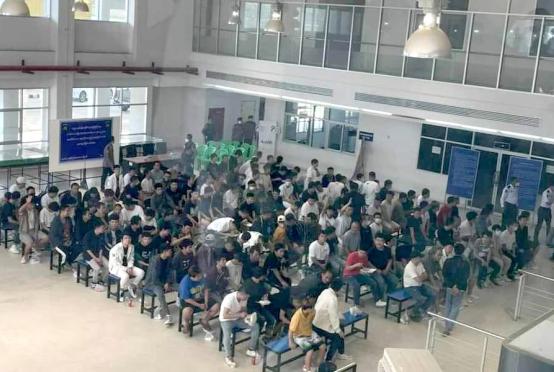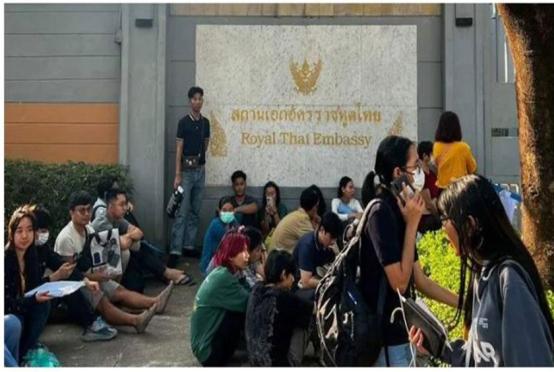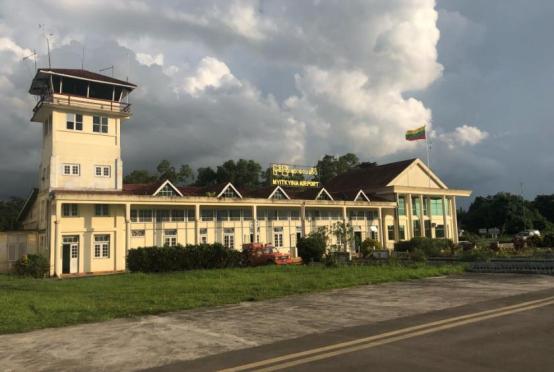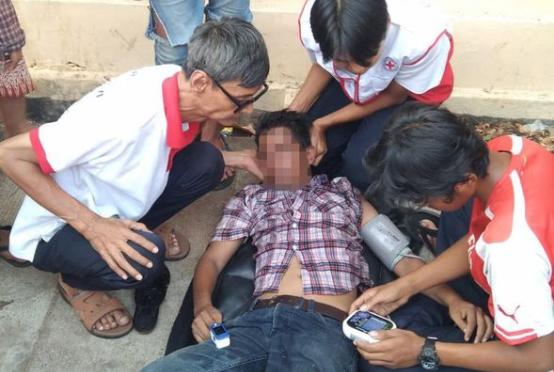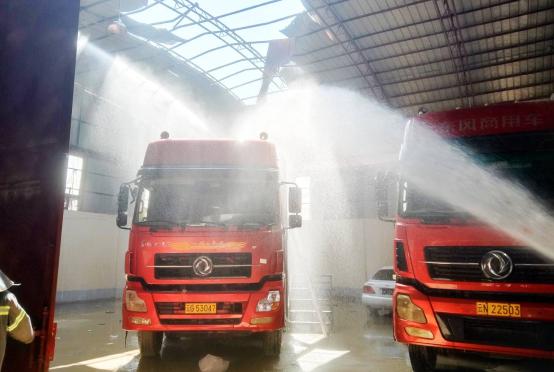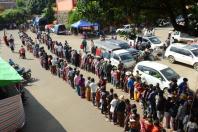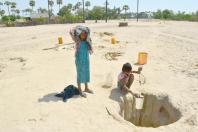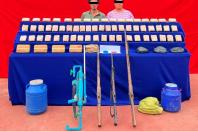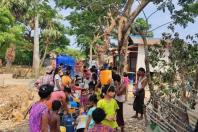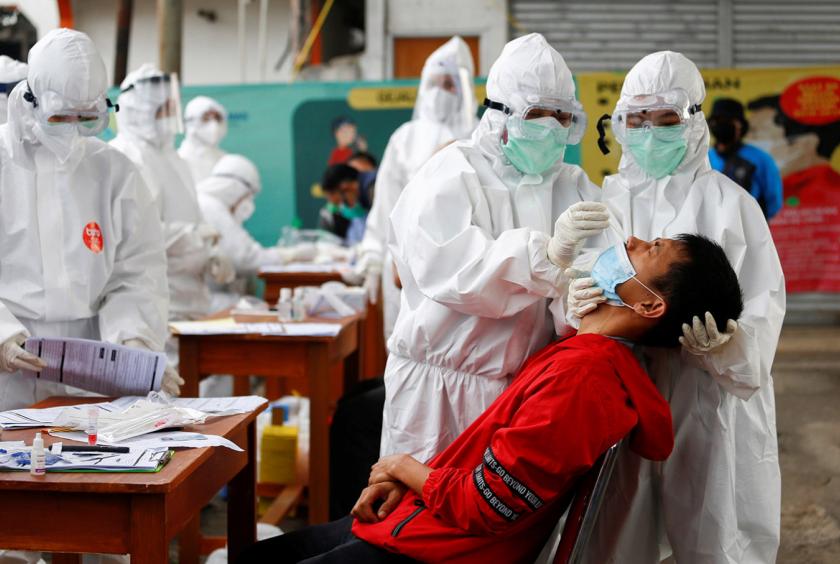
The Jakarta Post/ANN - A recent study that examined the COVID-19 safety and risk assessment of countries around the world has put Indonesia in 97th position, which is a relatively low score.
The study, which examined 200 countries and territories around the world, was conducted by Deep Knowledge Group, a consortium of companies and nonprofits owned by Deep Knowledge Ventures, an investment firm founded in 2014 in Hong Kong.
The study is based on 130 quantitative and qualitative parameters as well as over 11,400 data points in categories such as quarantine efficiency, monitoring and detection, health readiness and government efficiency.
According to the study, Indonesia is in tier 3, which consists of 60 regions and territories, including the United States, the United Kingdom, France, Italy, Spain, Brazil, India, Philippines and Thailand.
The study suggests that tier 3 is made up of countries that in theory, should have scored higher, given their resources in healthcare, governmental and crisis management. However, their ranks are much lower than expected.
Indonesia scored 450 points, which is below the average in the Asia Pacific region at 502 points.
Meanwhile, Singapore is the only Southeast Asian country that made it into the top-five in the world, with 744 points, alongside top-ranking Switzerland, second-ranking Germany, third-ranked Israel and fifth-ranked Japan.
The second safest country for COVID-19 in Southeast Asia is Vietnam (20th in the world), followed by Malaysia (30th), Thailand (47th), Philippines (55th), Myanmar (83rd), Indonesia, Cambodia (98th) and Laos (99th).
According to the study, critical factors that impacted regional safety were not only the theoretic capacity of each country in withstanding and neutralizing national emergency situations but also specific policies, crisis management strategies and tactics that each country actually practiced.
Regions that started comparatively late on closing borders, issuing lockdown mandates and establishing economic freezing measures in the overall pandemic timeline, for instance, consistently scored lower, it says.
Low scoring is also shown in countries that continue prioritizing economic recovery over public health and safety, and do not utilize widespread testing or do not proactively build bridges among governmental institutions and between government and private sectors, although they have resources, capacity and potential to maintain and optimize regional safety amid the current pandemic, the study suggests.

